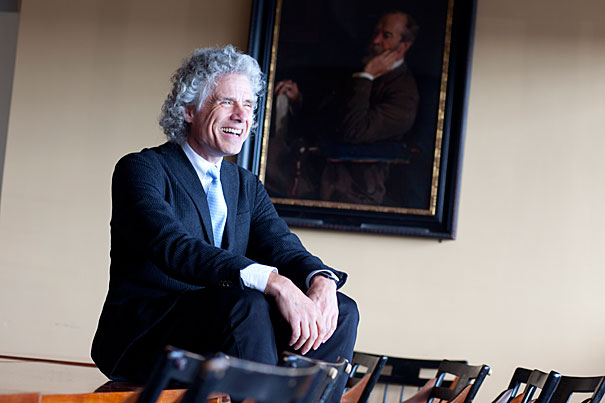Arts & Culture
-

Voice of a generation? Dylan’s is much more than that.
Classics professor who wrote ‘Why Bob Dylan Matters’ on the challenge of capturing a master of creative evasion
-

Holiday treats from the kitchen of Julia Child
Recipes from celebrity chef’s archive at Radcliffe
-

How a ‘guest’ in English language channels ‘outsider’ perspective into fiction
Laila Lalami talks about multilingualism, inspirations of everyday life, and why she starts a story in the middle
-
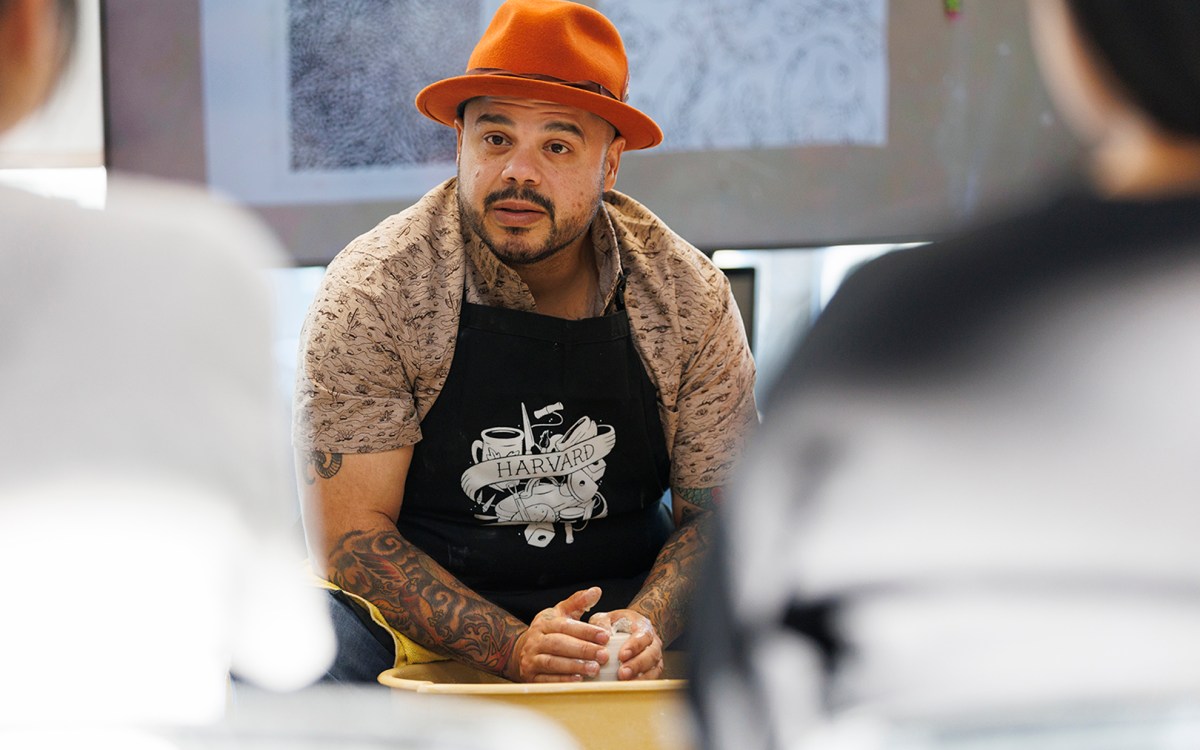
Potter gets fired up about helping students find their own gifts
Roberto Lugo says his art creates conversations and ‘that’s where the magic happens’
-
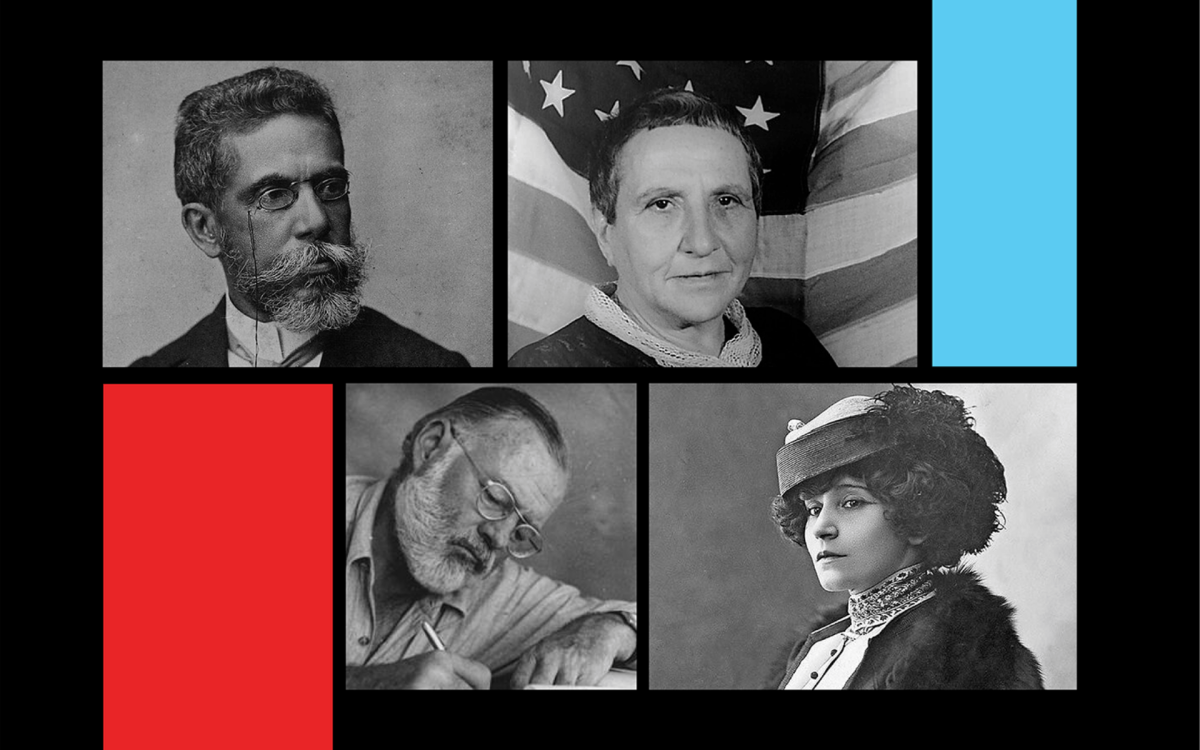
The 20th-century novel, from its corset to bomber jacket phase
In ‘Stranger Than Fiction,’ Edwin Frank chose 32 books to represent the period. He has some regrets.
-
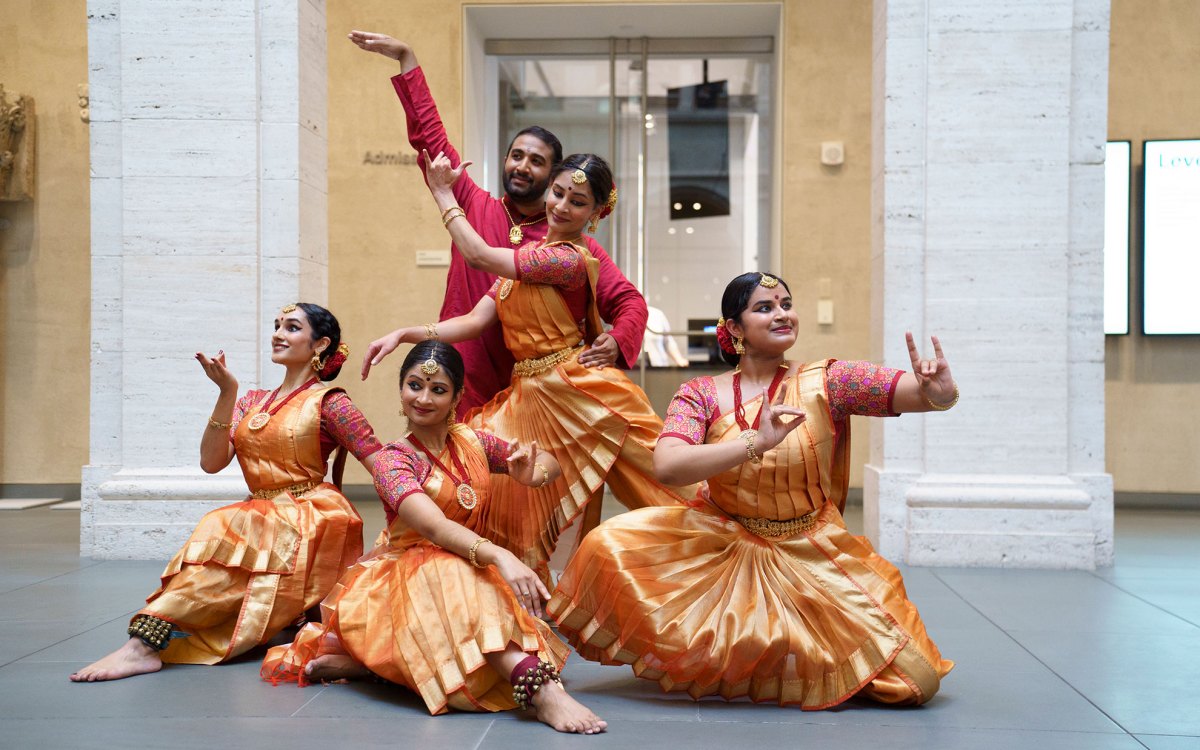
Dance the audience can feel — through their phones
Engineer harnesses haptics to translate movement, make her art more accessible

-
String quartet focuses on Schubert
The Music Department’s Blodgett Chamber Music Series will continue with a performance by the Chiara Quartet on Feb. 17. Tickets are free and available at the Harvard Box Office beginning Feb. 3.
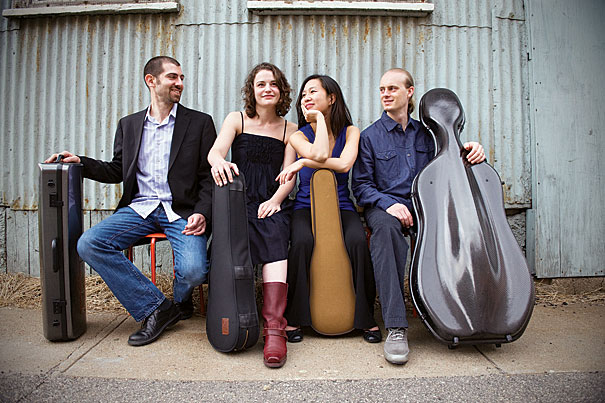
-
Marsalis: ‘Meet Me at the Crossroad’
Wynton Marsalis continues his two-year lecture series at Harvard with an exploration of root styles of American music in Sanders Theatre on Feb. 6.
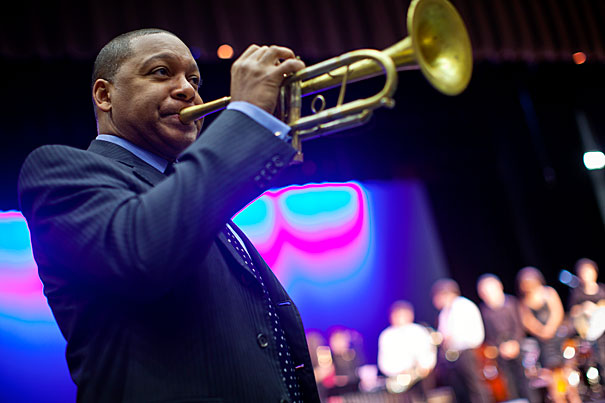
-
Sounds of the Silk Road
The Silk Road Ensemble concluded its January Harvard residence with a Learning From Performers concert featuring four newly commissioned works.
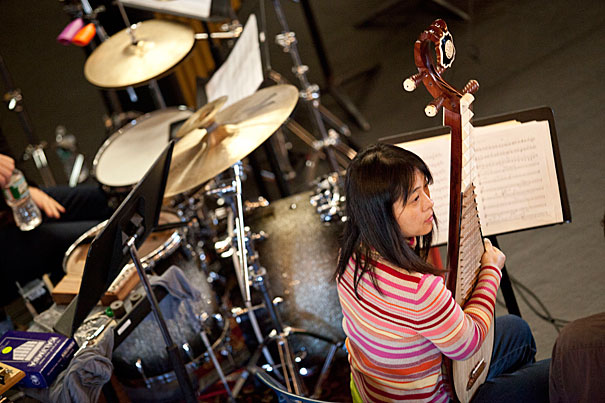
-
Arts prove intensive
Across campus, students participated in a series of arts intensives during January’s Wintersession that let them tap their creative talents.
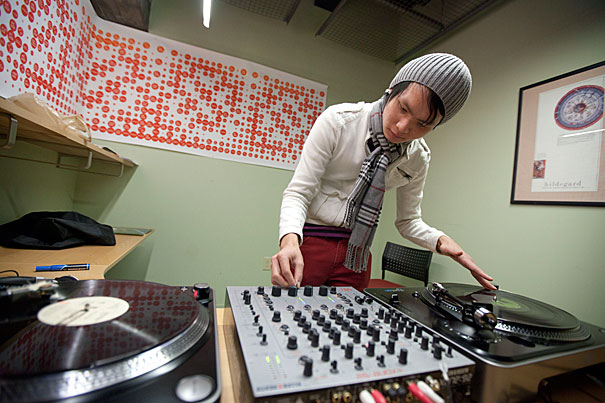
-
Writing, clear and simple
Clarity and simplicity are frequent themes in the Harvard College Winter Writing Program, a two-week Winter Break seminar where undergraduate nonfiction writers learn from some of the country’s best authors, teachers, and journalists.
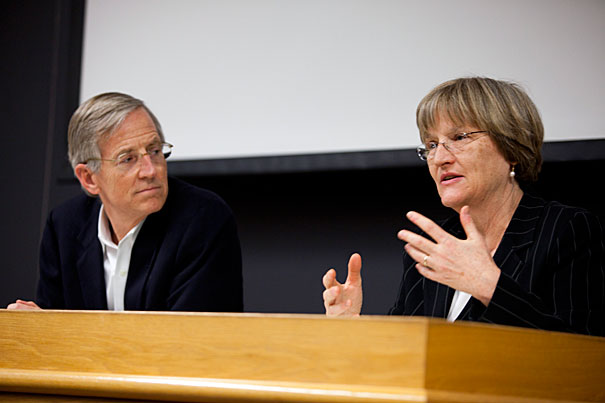
-
Devoted to the stage
Anatoly Smeliansky is the founding director of the American Repertory Theater/Moscow Art Theater School Institute for Advanced Theater Training at Harvard University. As part of the program, he is spending the month at Harvard leading a series of classes on the history of theater and drama.
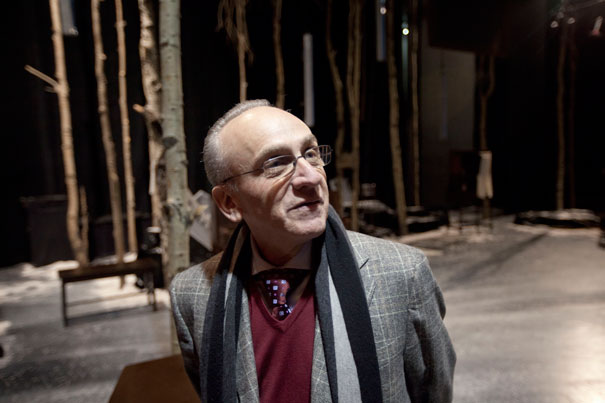
-
A key to modernity
Rummaging through worm-eaten layers of parchment at a monastery in southern Germany in 1417, the scribe Poggio Bracciolini discovered a poem titled “De Rerum Natura,” or “On the Nature of Things,” by the Roman philosopher Titus Lucretius Carus. On that day, according to Professor Stephen Greenblatt, history swerved and modernity began.
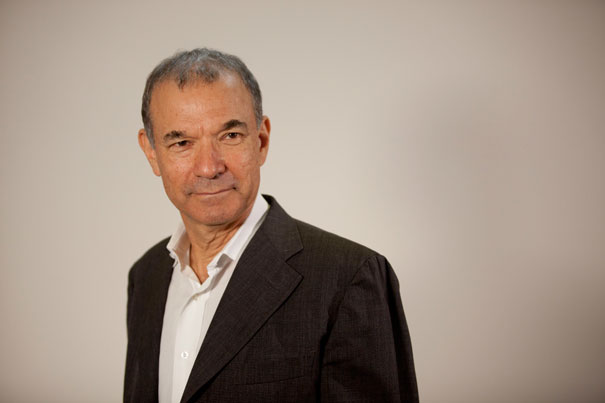
-
Snapshots of the past
A new online exhibit, the Nicholas V. Artamonoff Collection, presented by the Image Collections and Fieldwork Archive at Dumbarton Oaks, features more than 500 photos that a talented amateur photographer took in Turkey from 1935 through 1945.
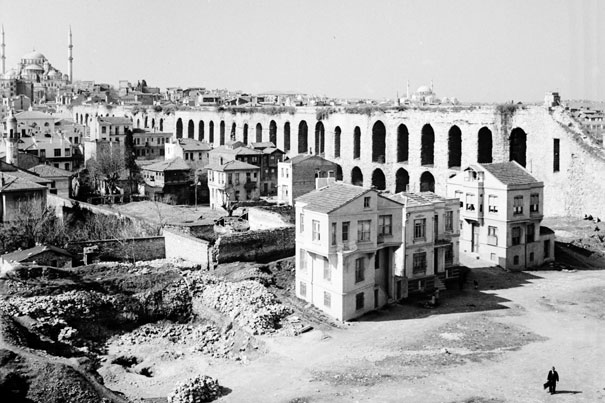
-
The art of Walker Evans
The iconic photography of Walker Evans is on exhibit at Mather House’s SNLH Three Columns Gallery through March. John T. Hill, designer and producer of the exhibition, offers special insight into Evans’ life and work.
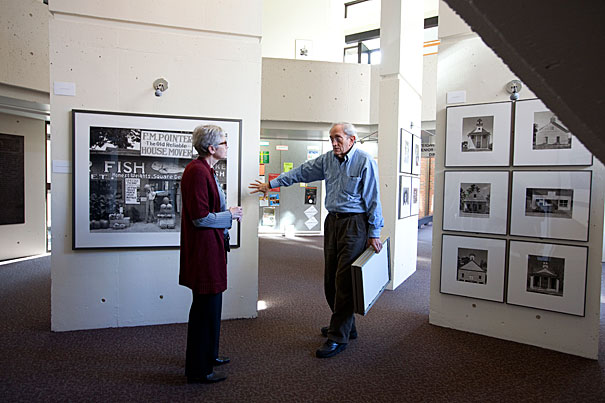
-
When art advanced science
More than a masterful artist, Albrecht Dürer strongly influenced 16th-century science with cartographic and anatomical work that gets little attention from art historians.
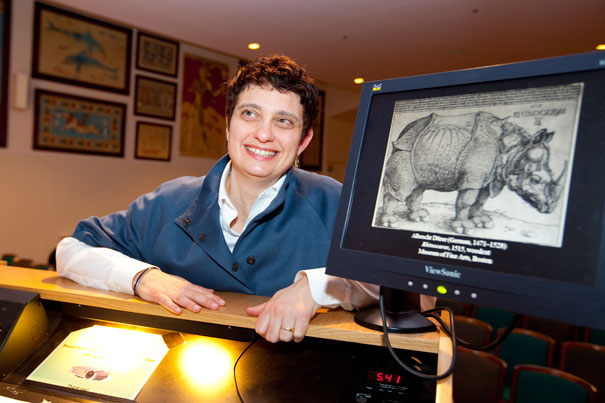
-
Using the bully pulpit
In his new memoir, former Harvard Medical School Dean Joseph Martin recalls a small-town childhood, an attraction to medicine, and the ups and downs of leadership.

-
Adding art to academics
Modern dance instructor Liz Lerman uses a Harvard semester to cross disciplines, deepen understanding, promote research, and increase knowledge.
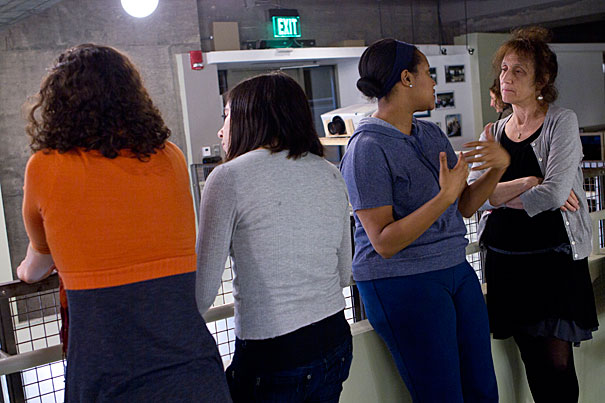
-
A show fit for royalty
“The Snow Queen,” the classic fairy tale by Hans Christian Andersen, has been reworked in an imaginative stage adaptation at the American Repertory Theater. It will be performed through Dec. 31.
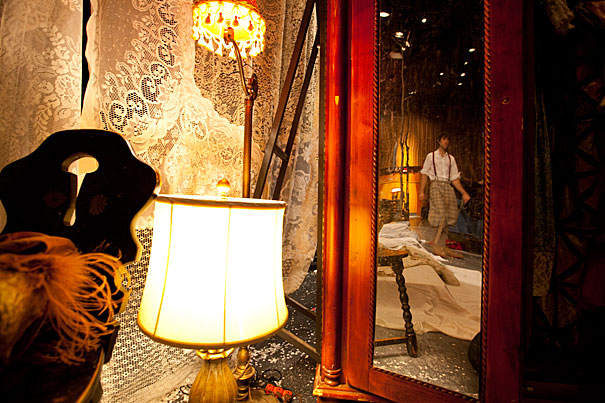
-
Unraveling a brutal custom
A research team at the Radcliffe Institute for Advanced Study is debunking myths surrounding the brutal practice of foot binding young women in China, tying it to handwork and weaving rather than marriage prospects.
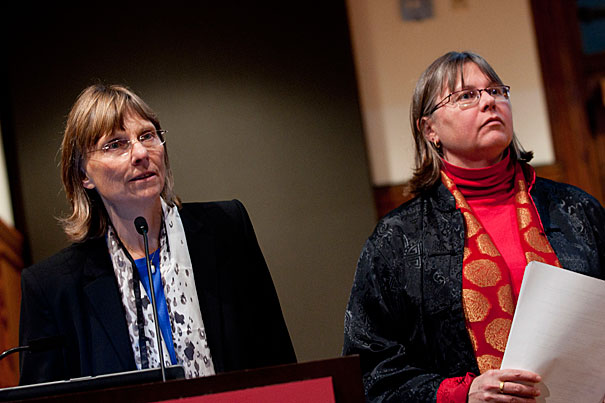
-
The wisdom of William James
Physician and Harvard Medical School Professor Arthur Kleinman delivered Harvard Divinity School’s annual William James Lecture, exploring the philosopher’s importance in the area of moral wisdom.
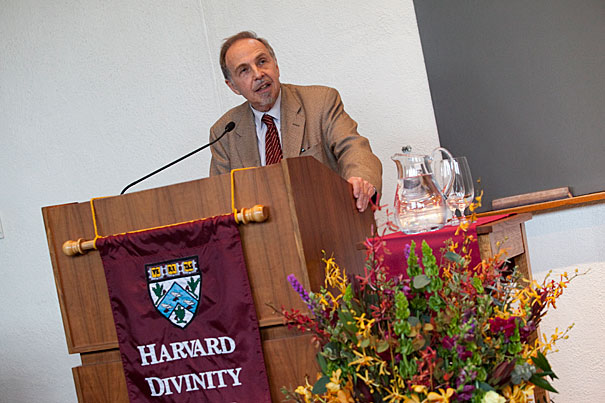
-
Words from Wiseman
The dean of American direct cinema, 81-year-old Frederick Wiseman, offers a summary of his documentary shooting and editing techniques.
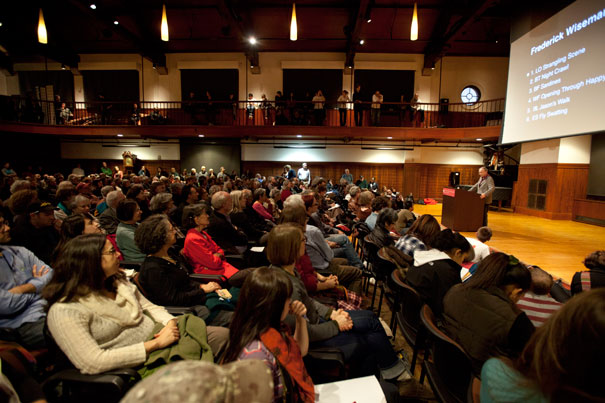
-
The future of archaeology
Smitten as a boy with the wonders of ancient Egypt, archaeologist Peter Der Manuelian deep into excavations but also wedded to the Web.
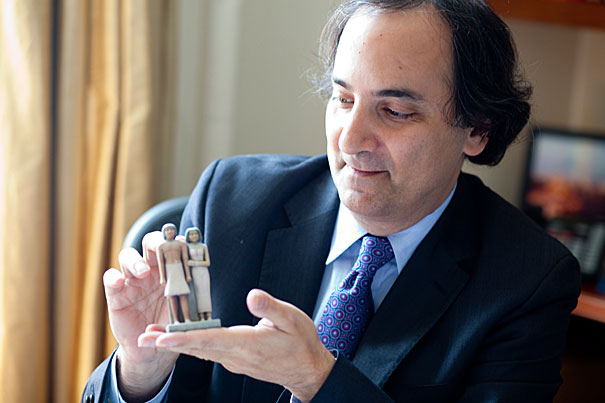
-
Interesting readers, as well as writers
English Professor Leah Price focuses on leading authors and the titles they love in “Unpacking My Library: Writers and Their Books.”
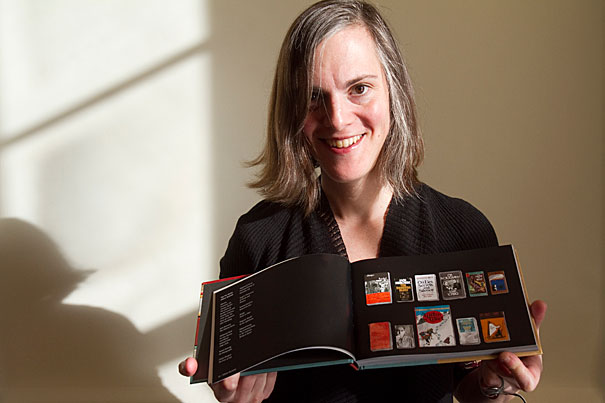
-
A song cycle reborn
Rick Burkhardt and his team of collaborators recast the song cycle by Austrian composer Franz Schubert to both deepen and lighten the experience of his somber work “Winterreise.” It is at the A.R.T. from Dec. 7 through Jan. 8.
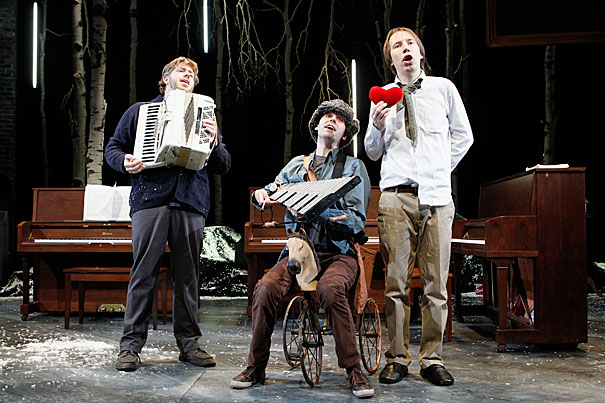
-
Faust digs Gen Ed
President Drew Faust paid a visit Nov. 17 to the popular undergraduate course anthropology 1010: “The Fundamentals of Archaeological Methods and Reasoning.” Faust’s attendance was inspired by a special meeting of the course at the Harvard Ceramics Studio, where students learned how pottery is made, and got to try their hands at making their own pieces.
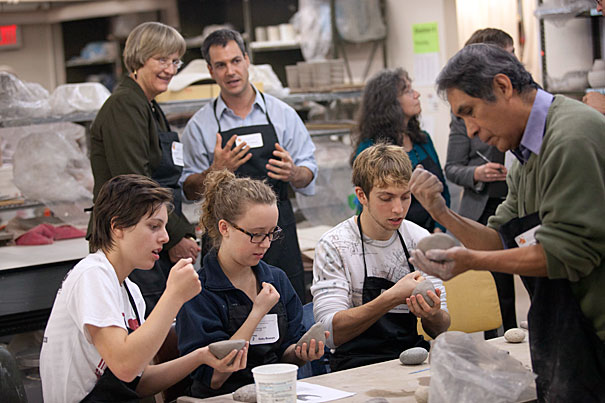
-
Harvard and slavery
A student research project and a resulting booklet and website bring to light some troubling connections to the College in the 18th and 19th centuries.
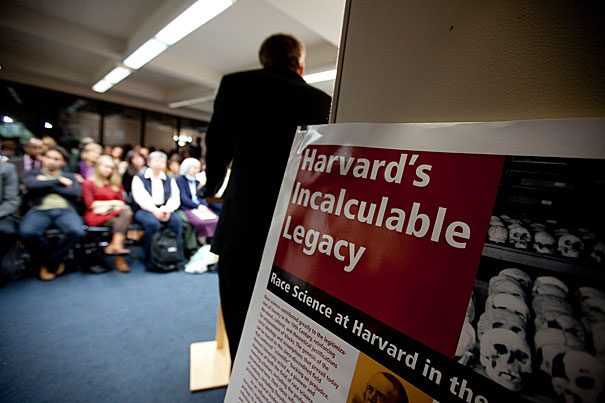
-
Write right, right?
The Harvard Writers at Work lecture series, in its third year, offers public conversations on craft, collaboration, and even challenges to writing in the digital age.
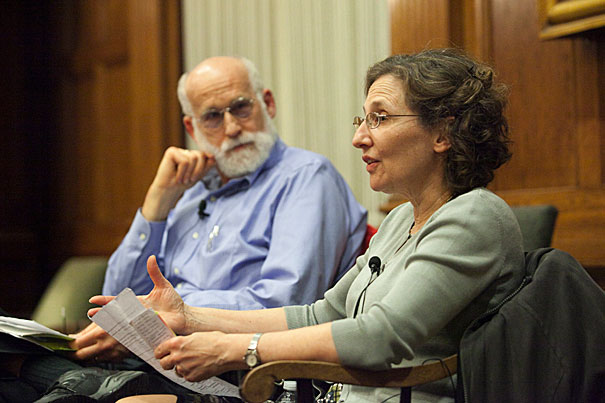
-
Lost in translation
Israeli author David Grossman spoke Tuesday about becoming immersed in his writing and his characters during a packed talk in the Science Center.
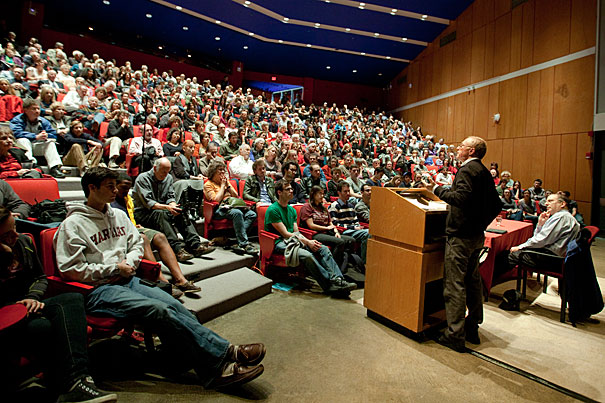
-
Making ‘Nixon in China’
Three major players in contemporary music reconvened at Harvard, their alma mater, to discuss their groundbreaking opera “Nixon in China,” based on Nixon’s seminal visit in 1972.

-
A theology of culture
Philosopher Paul Tillich once denied there was a gap between religion and culture. Today, he might reach for another convergent ideal: utopia.
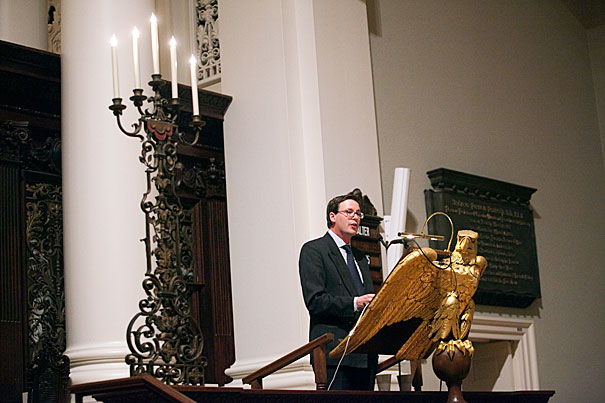
-
Thinking local
On a visit to Harvard, an African architect imparts a Third World lesson: more for less.
-
Scaling up, and down
Harvard physicist Lisa Randall helped to develop an offbeat new show at the Carpenter Center that explores the concept of size, through scientific and artistic lenses
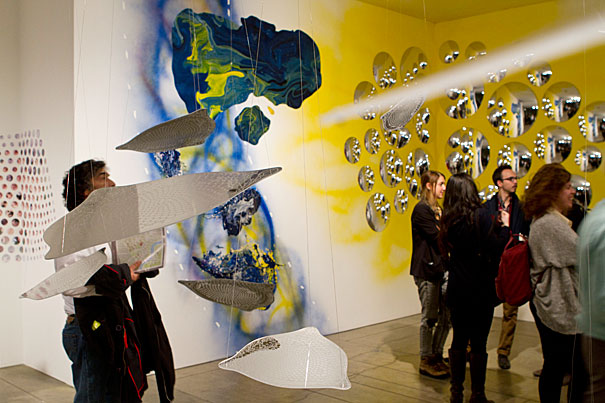
-
Exploring Happiness: From Aristotle to Brain Science
Happiness — how do we get it, how do we keep it, and where does it come from? Distinguished visiting fellow Sissela Bok plumbs the theories of philosophers, neuroscientists, and other specialists, and synthesizes her research into a comprehensive overview of the subject.
-
Republic, Lost: How Money Corrupts Congress — and a Plan to Stop It
Lawrence Lessig, the Roy L. Furman Professor of Law, presents a road map for how to get the U.S. Congress back on track, and examines the issues of campaign financing, corporate lobbying, and other outside monetary interests that derail the government.
-
On the side of the angels
In his latest book, psychologist and linguist Steven Pinker cites data to show that the world is becoming far more peaceful than you might have thought.
